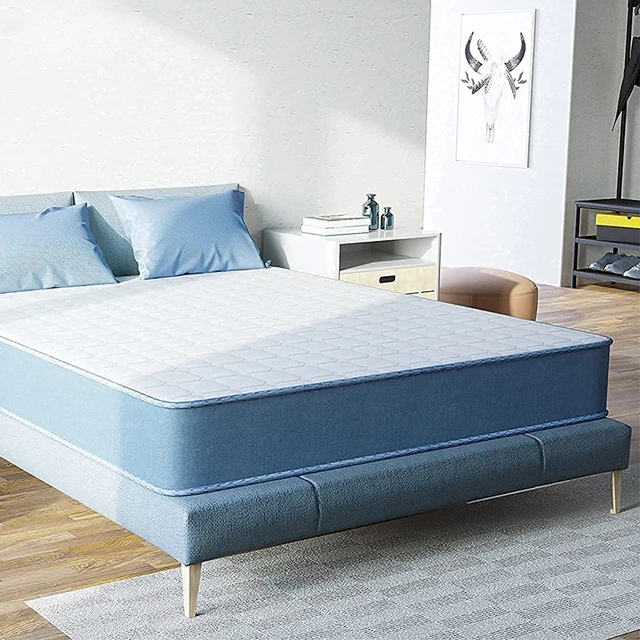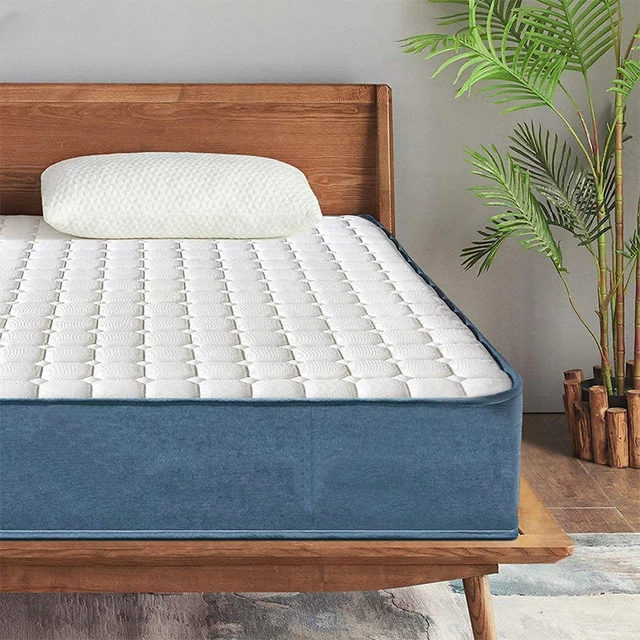Introduction:
Average mattress – In the quest for a good night’s sleep, one of the most crucial decisions you’ll make is choosing the right mattress. A mattress plays a significant role in determining the quality of your sleep, affecting everything from your comfort to your overall health and well-being. However, with the myriad of options available on the market, navigating the world of mattress shopping can be overwhelming, especially when it comes to considering the average prices. In this comprehensive guide, we’ll delve into the factors influencing mattress prices, explore the average costs across different types of Average mattress, and provide tips for finding the perfect balance of comfort and affordability.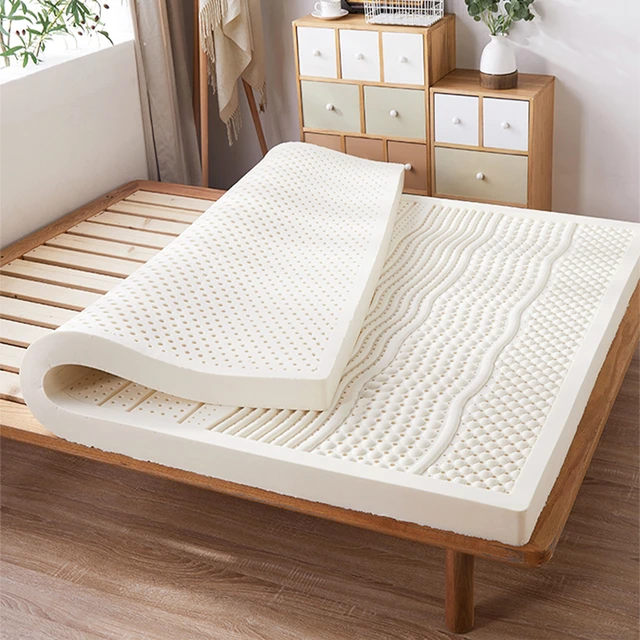
Factors Influencing Mattress Prices:
Before diving into average mattress prices, it’s essential to understand the factors that contribute to variations in cost. Several key factors can influence the price of a mattress, including:
- Materials: The materials used in a mattress significantly impact its price. High-quality materials such as memory foam, latex, and organic cotton tend to be more expensive than synthetic materials. Additionally, mattresses with advanced features like cooling gel-infused foams or pocketed coils may come at a higher price point.
- Construction: The construction of a mattress, including its layers and support system, can affect its cost. Mattresses with complex constructions, such as hybrid mattresses combining multiple materials, may be more expensive than simpler models.
- Brand Reputation: Established mattress brands with a reputation for quality and innovation often command higher prices than lesser-known brands. Brand recognition, warranties, and customer service can all contribute to the perceived value of a mattress.
- Size: The size of the mattress is a significant determinant of its price. Larger mattresses, such as king or California king sizes, typically cost more than twin or full sizes due to the increased material and production costs.
- Durability and Longevity: Mattresses designed to last longer and maintain their quality over time may come with a higher price tag. Factors such as mattress thickness, density, and durability of materials can influence its longevity and overall value.
Average Mattress Prices by Type:
Now that we’ve explored the factors influencing mattress prices, let’s take a closer look at the average costs associated with different types of mattresses:
Innerspring Mattresses:
Innerspring mattresses are among the most traditional mattress types, featuring a network of steel coils or springs for support. On average, innerspring mattresses range in price from $200 to $1,000 for a queen size, with luxury models costing upwards of $1,500 or more. The price variation depends on factors such as coil count, gauge of the coils, and additional features like pillow tops or foam layers.
Memory Foam Mattresses:
Memory foam mattresses are renowned for their pressure-relieving properties and contouring support. Average prices for memory foam mattresses typically fall between $300 and $1,500 for a queen size, with premium models incorporating advanced cooling technologies or plant-based foams costing upwards of $2,000.
Latex Mattresses:
Latex mattresses are prized for their durability, responsiveness, and natural materials. Average prices for latex mattresses range from $800 to $2,500 for a queen size, with organic or natural latex options commanding higher prices. Talalay latex mattresses tend to be more expensive than Dunlop latex mattresses due to differences in manufacturing processes.
Hybrid Mattresses:
Hybrid mattresses combine the benefits of innerspring coils with layers of foam or latex for enhanced comfort and support. Average prices for hybrid mattresses typically range from $800 to $2,000 for a queen size, with luxury models featuring premium materials or advanced technologies costing upwards of $3,000.
Adjustable Beds:
Adjustable beds offer customizable support and positioning options, making them ideal for individuals with specific sleep needs or health conditions. Prices for adjustable beds vary widely depending on features such as motorized controls, massage functions, and memory presets. On average, adjustable beds range from $1,000 to $3,500 or more for a queen size, with additional costs for compatible mattresses and accessories.
Tips for Finding the Perfect Balance of Comfort and Affordability:
With the wide range of mattress options and prices available, finding the perfect balance of comfort and affordability requires careful consideration. Here are some tips to help you make an informed decision:
- Set a Budget: Before you start shopping for a mattress, determine your budget based on your financial situation and sleep needs. While it’s essential to invest in a quality mattress for better sleep, you don’t have to break the bank to find a comfortable option.
- Research Thoroughly: Take the time to research different mattress types, brands, and features to understand what suits your preferences and budget. Read customer reviews, compare prices, and visit mattress stores to test out different models in person.
- Consider Long-Term Value: While a higher-priced mattress may seem like a significant investment upfront, consider the long-term value it offers in terms of durability, comfort, and support. A quality mattress that provides years of restful sleep can ultimately save you money on future replacements and healthcare costs.
- Take Advantage of Sales and Promotions: Keep an eye out for sales, promotions, and discounts offered by mattress retailers, especially during major shopping holidays like Memorial Day, Labor Day, and Black Friday. These events often feature significant markdowns and bundle deals that can help you save money on your purchase.
- Don’t Forget About Warranties and Trial Periods: When purchasing a mattress, inquire about warranty coverage and trial periods offered by the manufacturer or retailer. A generous warranty can provide peace of mind and protection against defects, while a risk-free trial period allows you to test the mattress at home and ensure it meets your expectations.
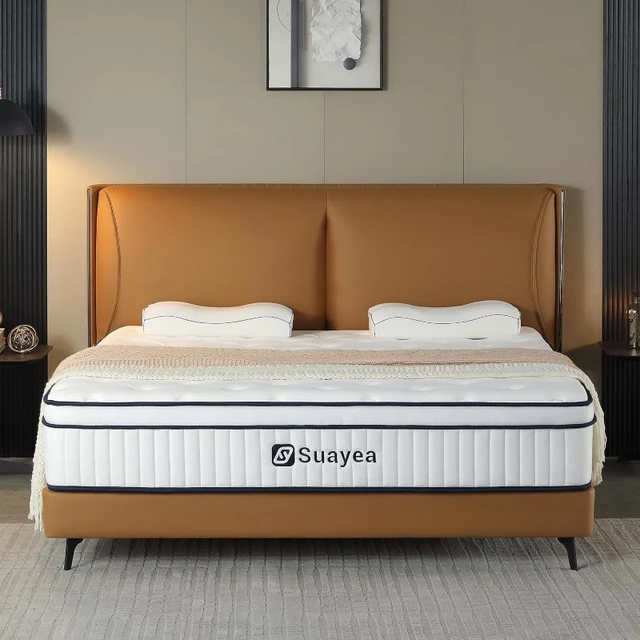
Assess Your Sleep Needs:
Consider your individual sleep preferences, such as your preferred sleep position, firmness level, and any specific health concerns or conditions you may have. For example, side sleepers may prefer a softer mattress to relieve pressure points, while back or stomach sleepers may require firmer support for proper spinal alignment.
Test Different Mattress Types:
Take advantage of the opportunity to test out different mattress types and configurations before making a decision. Visit mattress stores or attend mattress expos where you can try out a variety of models and see which ones feel most comfortable for you.
Don’t Discount Online Options:
While testing mattresses in person is essential, don’t overlook the convenience and potential cost savings of purchasing a mattress online. Many online mattress retailers offer generous trial periods, free shipping, and hassle-free returns, allowing you to try out the mattress in the comfort of your own home.
Negotiate with Retailers:
When shopping at brick-and-mortar mattress stores, don’t hesitate to negotiate with sales representatives to get the best deal possible. Ask about price matching, discounts on floor models, or complimentary accessories like mattress protectors or pillows.
Consider Financing Options:
If purchasing a mattress outright isn’t feasible within your budget, explore financing options offered by retailers. Many mattress stores provide financing plans with low or zero-interest rates, allowing you to spread out the cost of your purchase over time.
Look Beyond the Brand:
While well-known mattress brands may offer quality products, don’t overlook lesser-known or direct-to-consumer brands that may provide comparable or superior mattresses at lower prices. Research customer reviews and independent testing to gauge the quality and performance of different brands.
Factor in Additional Costs:
When budgeting for a new mattress, consider any additional costs associated with your purchase, such as delivery fees, mattress removal or disposal fees, or the purchase of accessories like bed frames or mattress toppers.
Don’t Forget About Maintenance:
Proper maintenance and care can extend the lifespan of your mattress and ensure optimal performance over time. Invest in a quality mattress protector to guard against spills, stains, and allergens, and follow the manufacturer’s guidelines for rotating or flipping your mattress regularly.
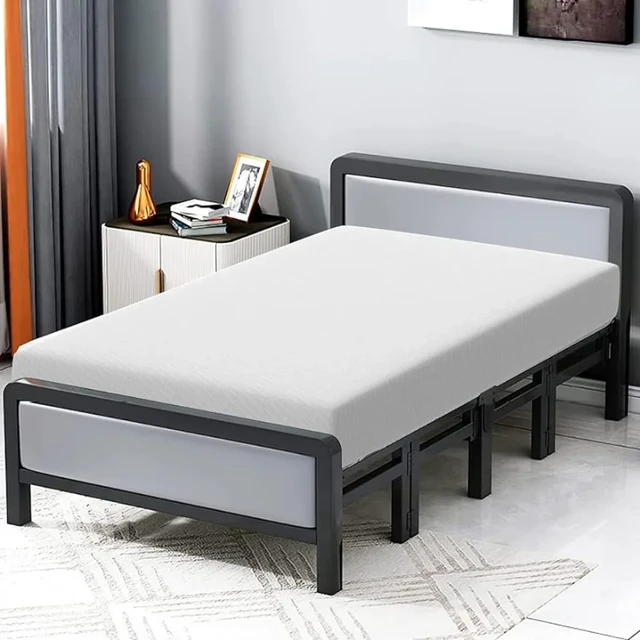
Conclusion:
Finding the perfect balance of comfort and affordability when shopping for a Average mattress requires careful consideration of factors such as materials, construction, size, and brand reputation. By understanding the average prices associated with different types of mattresses and following the tips outlined in this guide, you can make an informed decision that meets your sleep needs and budget. Remember that investing in a quality Average mattress is an investment in your health, well-being, and overall quality of life. With the right mattress, you can enjoy restful sleep and wake up feeling refreshed and rejuvenated each morning.
